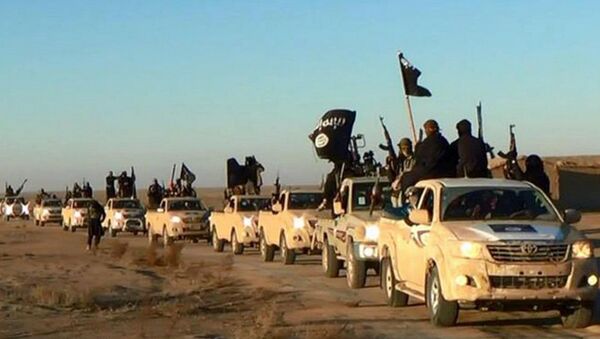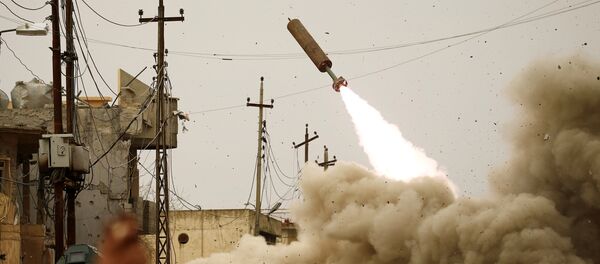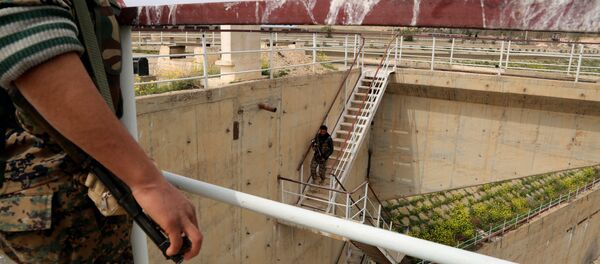Hoshyar Zebar said the militants are nearly bankrupt since their former revenue streams are no longer available, telling Sky News, "They were taxing every business — they were taxing every shop, every pharmacy, every activity — not to mention the money they stole from the Iraqi banks."
Zebar added, "They were a very, very rich organisation. Now, I think they are on the retreat and they are broke. Also they are losing ground, so this battle in Mosul is decisive to end their caliphate — to end their so-called Islamic State."
The US Treasury has estimated that the jihadis raked in $500 million a year, and Zebar believes they brought in close to $5 million a day.
The United Nations estimated that in 2014 Daesh made $45 million from kidnapping and ransom alone.
In 2015 the group’s fortunes began to change as a Washington-initiated military operation to push the extremists out of northern Iraq’s oil fields kicked off. Daesh has also been driven almost completely out of Mosul over the course of this year by Iraqi and US forces. The chief of Iraq’s Federal Police recently claimed that 90 percent of Mosul’s Old City had been reclaimed from the group, and on Sunday Iraqi Prime Minister Haider al Abadi predicted the group would be defeated "within weeks."
Once the wealthiest terrorist organization in the world, Daesh was forced to slash fighters’ salaries in half in 2016 and began releasing detainees for a fee of $500, with fighters in Fallujah reportedly being paid nothing and having their food rations cut. One resident noted at the time, "You can sense the frustration. Their morale is down."
Abadi said in a Fox News interview, "We are defeating them militarily," but that the terrorist group would try to regroup. "So that's where we need the efforts of others. Flush them out of Syria and other places."
Defiant to the end, the extremists have been setting oil wellheads ablaze as they are forced out of Iraq.




